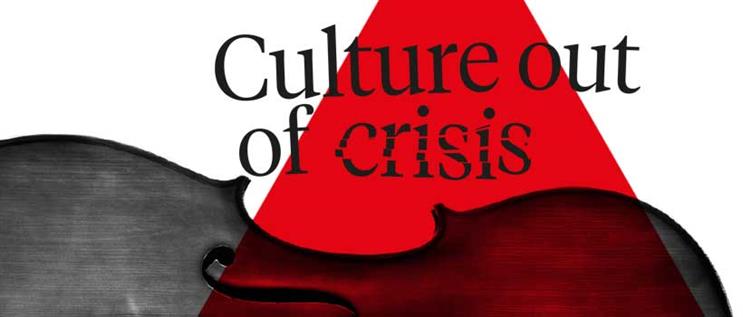It is hard to think of an experience so universally shared as coronavirus. Although everyone will have experienced it differently, and some will have experienced it more deeply, everybody’s life has been profoundly affected. With this universal experience, there is a renewed spirit of community in all of us and an awareness of what being part of a community feels like. But Covid-19 has changed what community means to us, simultaneously shrinking and growing it.
It used to be that community was family, colleagues and friends picked up along the way through school, university or shared interests. We also pursued our individual interests through online communities, clubs, societies and sports teams. With these communities of interest, there was a clear pathway for how brands could engage, be part of the gang and even create communities around themselves.
Coronavirus dramatically changed this. For 12 weeks people barely left their street, let alone their neighbourhood. We set up mutual aid groups. We talked to neighbours we’d never noticed. We could no longer get our online groceries, so we supported local shops, relieved that they were still there and grateful for their sacrifice in staying open so we could get our toilet paper and pasta. Our sense of community shrank to a few streets, and with it our connection deepened as we appreciated the generosity and kindness around us.
While our world was shrinking, our sense of community was simultaneously growing as the whole world grappled with the same existential threat. We clapped for carers, because we had been touched by the scenes we saw from the Netherlands. Neighbourhoods played instruments across gardens, inspired by the scenes of singing from balconies in a town in Italy. We cried at the horror of loss in a small village in Spain because it touched us and we shared their vulnerability. As the same drama unfolded in community after community, country after country, our sense of global community became tangible in a way that it has never been before.
But as brands got in on the act, some of the symbols that communities had forged together suddenly seemed tainted by their involvement. Rainbows in estate agents’ windows seemed opportunistic. Shops and brands claiming to "support our NHS" seemed superficial. They took the glow off the genuine and spontaneous community connections.
As the immediate rush of drama subsides, and the thrill of being able to once again queue in Primark wears off, this profound experience will make us all ask some fundamental questions about our values and how we want to live our lives.
This poses an interesting question about how brands should engage. There are many examples where they have read the room wrong, but there are interesting pointers from those that have hit the right note.
Some of the most compelling responses from brands during Covid-19 have been those providing something useful. The repercussions from the pandemic will be long felt, and segments of our economy – the arts, hospitality, wellbeing – will be struggling or going under. Building communities around these genuine needs, such as Diageo has done with its $100m bar recovery fund, is well measured.
Vogue’s covers of frontline workers didn’t feel opportunistic, but rather like an authentic tribute to those who helped keep the country going. Cadbury’s beautiful "This doesn’t need to end" ad managed to bottle the local community spirit that has emerged, but with sincerity and optimism. Meanwhile, TV programme-makers say that the brief from commissioners at the moment is "joyful and optimistic".Â
We have been rapidly catapulted into a different time, and it will change consumers’ expectations of brands. People will expect brands to be more thoughtful, authenticity will need to outshine superficiality, and tokenism is no longer acceptable but will need to be followed with real action.
Jessica Lovell is founder and chief strategy officer at Wonderhood Studios


